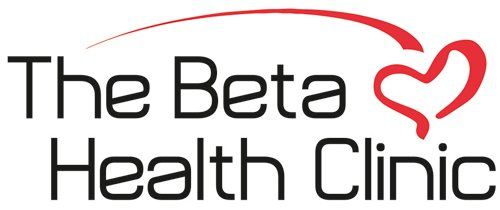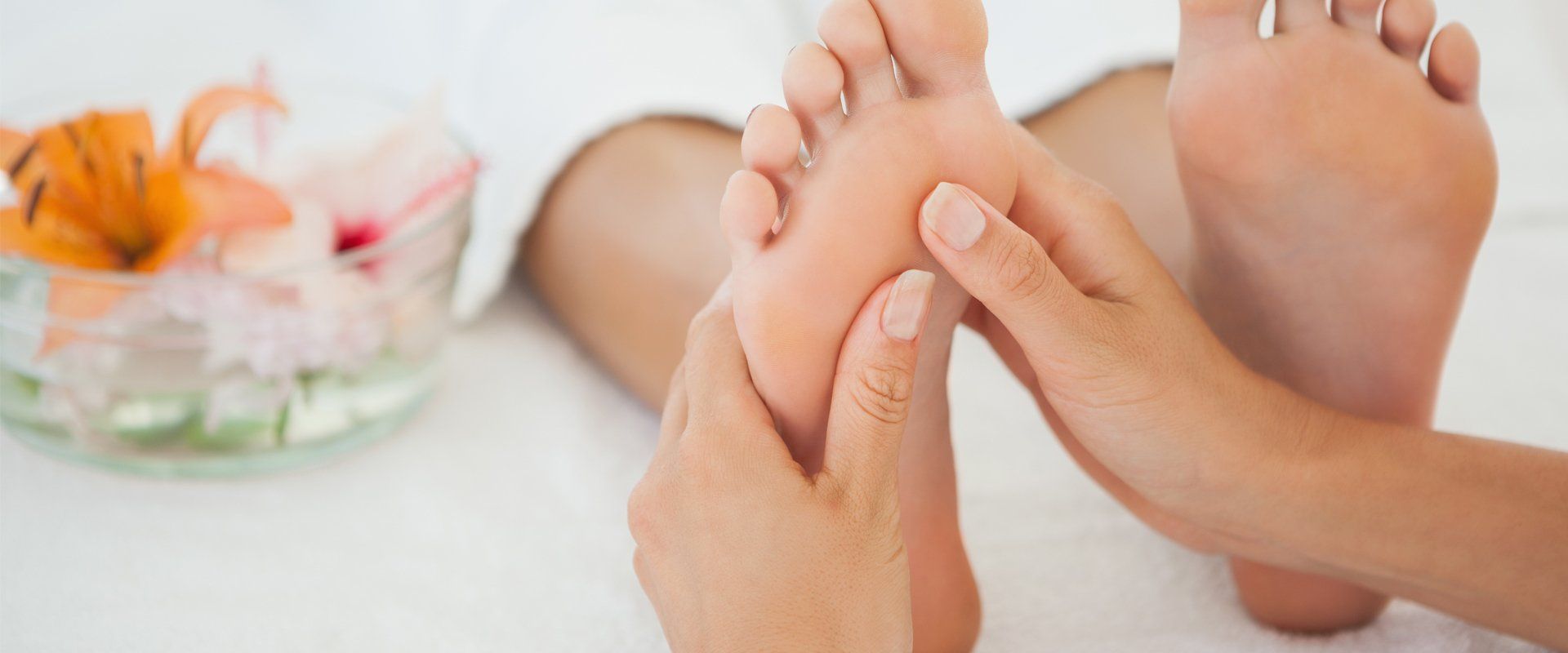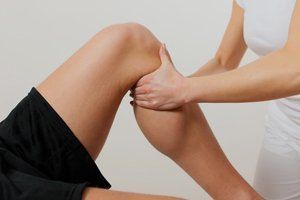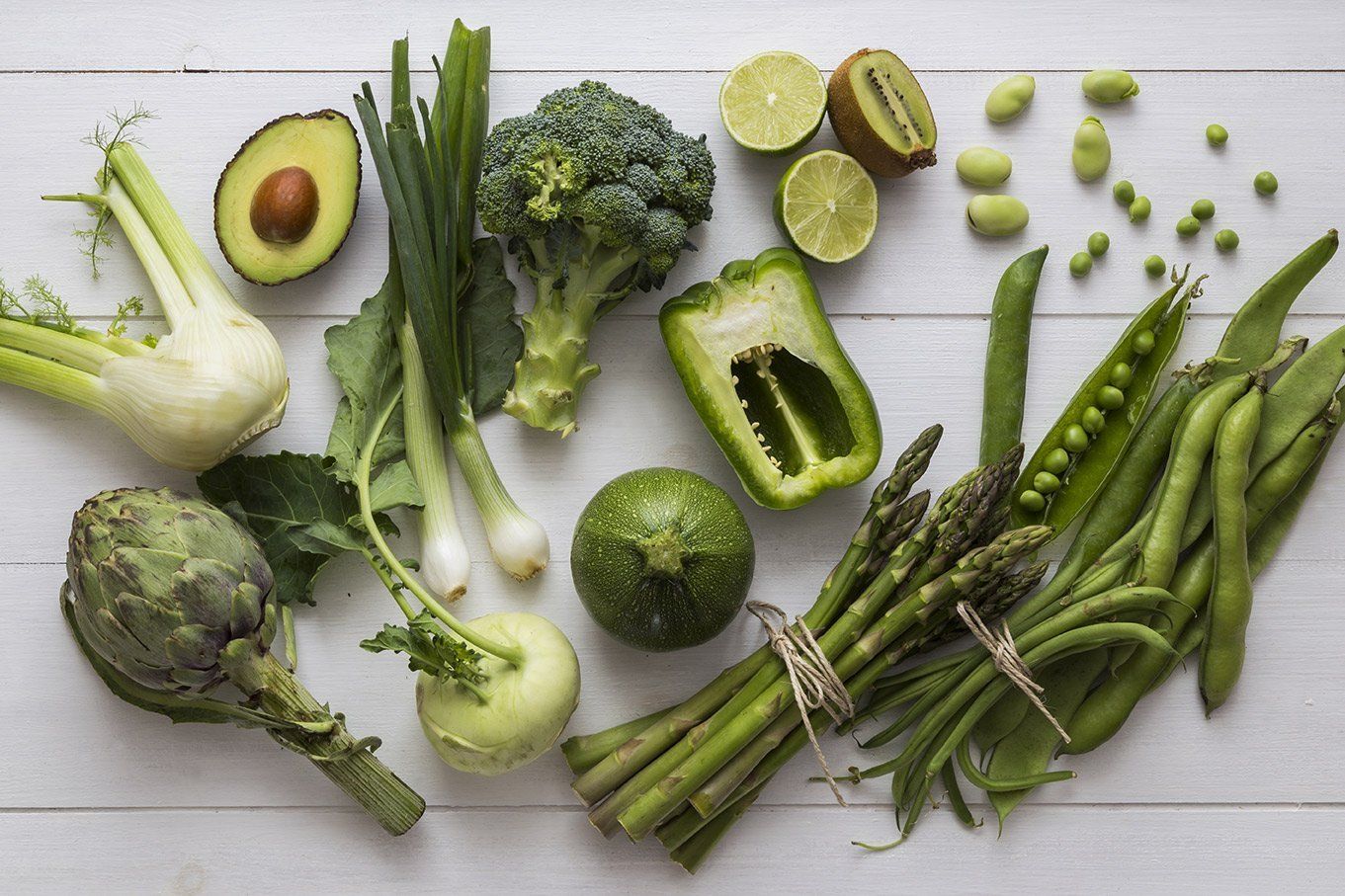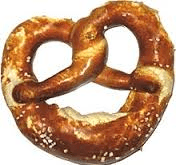World Diabetes Day 14th November
Type 2 Diabetes-New Ideas!
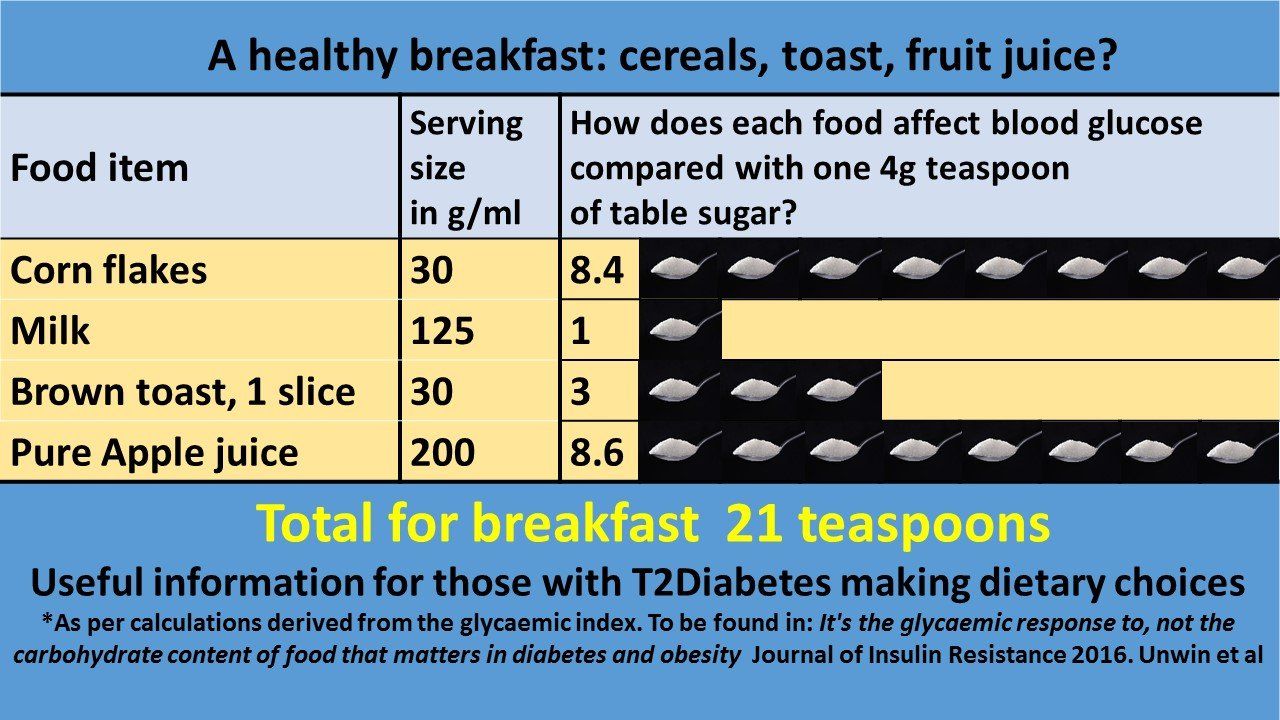
Type 2 diabetes is on the rise worldwide and the figures given by the World Health Organisation are alarming:
Key facts
- The number of people with diabetes has risen from 108 million in 1980 to 422 million in 2014.
- The global prevalence of diabetes* among adults over 18 years of age has risen from 4.7% in 1980 to 8.5% in 2014 (1).
- Diabetes prevalence has been rising more rapidly in middle- and low-income countries.
- Diabetes is a major cause of blindness, kidney failure, heart attacks, stroke and lower limb amputation.
- In 2016, an estimated 1.6 million deaths were directly caused by diabetes. Another 2.2 million deaths were attributable to high blood glucose in 2012**.
- Almost half of all deaths attributable to high blood glucose occur before the age of 70 years. WHO estimates that diabetes was the seventh leading cause of death in 2016.
- Healthy diet, regular physical activity, maintaining a normal body weight and avoiding tobacco use are ways to prevent or delay the onset of type 2 diabetes.
- Diabetes can be treated and its consequences avoided or delayed with diet, physical activity, medication and regular screening and treatment for complications.
What causes it, do we know?
What can we do to avoid becoming Type 2 diabetic or help ourselves to control or reverse it if we have already been diagnosed? It’s important to realise that type 2 diabetes is a lifestyle illness. This means something you are doing (or not doing) is causing the problem. Now, I know you may have been told that obesity is the cause of your illness. This is patently not true, as slim people can be Type 2 diabetic and medically obese people do not necessarily have diabetes. This personal account by Dr Attia highlights this erroneous thinking in a very moving way: https://www.youtube.com/watch?v=UMhLBPPtlrY
Science now points us in the direction of hyperinsulinemia and the resulting insulin resistance as being the main cause of type 2 diabetes. Insulin is a hormone released by the body in reaction to the consumption of foods and drinks, which then raise the amount of sugar in the blood stream. Insulin is the storage hormone; it directs your liver to store the sugar as glycogen in the muscles first and any excess as fat in your cells. Dr Jason Fung gives a full explanation here: https://www.dietdoctor.com/new-paradigm-insulin-resistance. The sugar comes from sugars and carbohydrates (long chain sugars) in our diet. If we have high blood sugar levels continually, insulin resistance will eventually follow.
What Can we do?
The recent JAMA Internal Medicine study showed that by banning sugary drinks provided in the work place (although workers could go out and buy or bring in their own sugary products) in 10 months, there was a marked improvement in central obesity and the markers of insulin resistance amongst the work force. https://jamanetwork.com/journals/jamainternalmedicine/article-abstract/2753425
Happily, we each are able to choose our diets, we can decide to improve our own health. By ensuring we cut down or mostly cut out sugars and carbohydrates, we can prevent or even reverse type 2 diabetes. What does this mean? In reality, it means only eating real foods, foods with less than 5 ingredients on the label. Foods that are not produced in a factory. Don’t eat snacks or sugary drinks. Ensure each meal consists of healthy, natural fats, protein and some vegetables.
Sugar is addictive, so it can be a struggle to reduce it at first. Setting goals, like only deciding to do it for two weeks to begin with, can be a good way to start. Then set another two weeks and another until it becomes a habit. N.B. If you have type two diabetes and are on medication, please talk to your doctor about your dietary changes, as the medications may need to be reduced quite quickly . Further information here: https://www.dietdoctor.com/low-carb/with-diabetes-medications
Resources:
Your doctor can refer this app for you, it is a supported course which has helped thousands of people in learning to control and in some cases reverse type 2 diabetes: https://www.nhs.uk/apps-library/low-carb-program/
Or you can use the infographics on this page to help you avoid products that contain large amounts of sugars: https://phcuk.org/sugar/
For advice, help with sugar addiction and recipe inspiration I find it’s hard to beat this website founded by Dr Andreas Eenfeldt https://www.dietdoctor.com/
This World Diabetes Day decide to change your life and health for the better!
For your diabetic footcare needs: https://www.betafeetpodiatry.co.uk/diabetic-feet-arthritis


